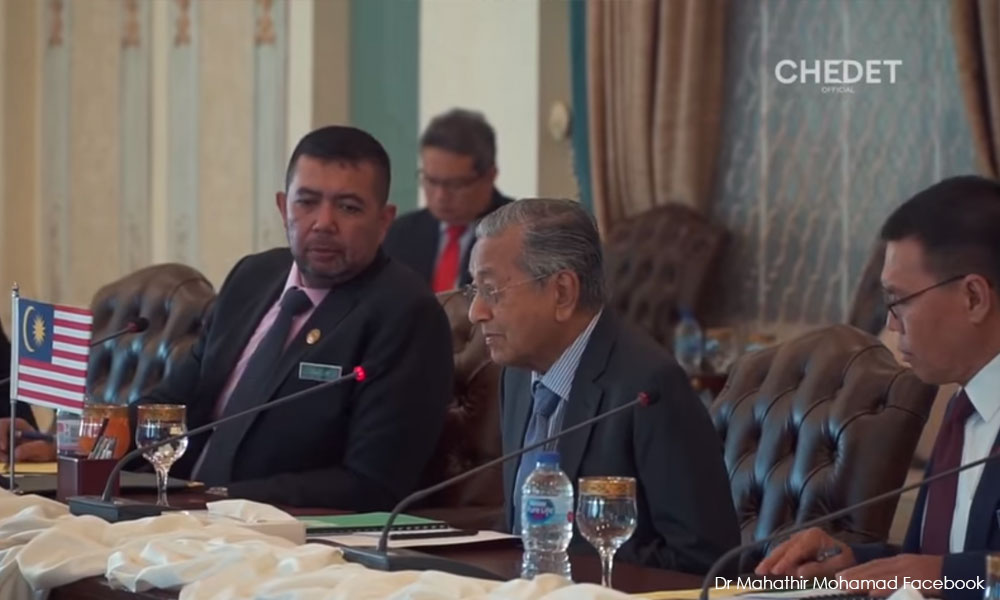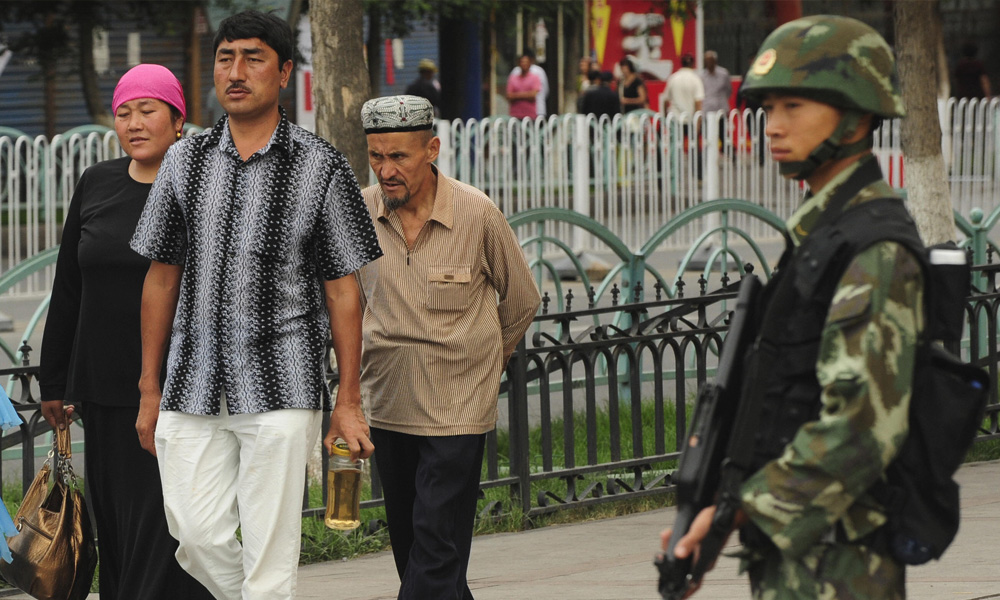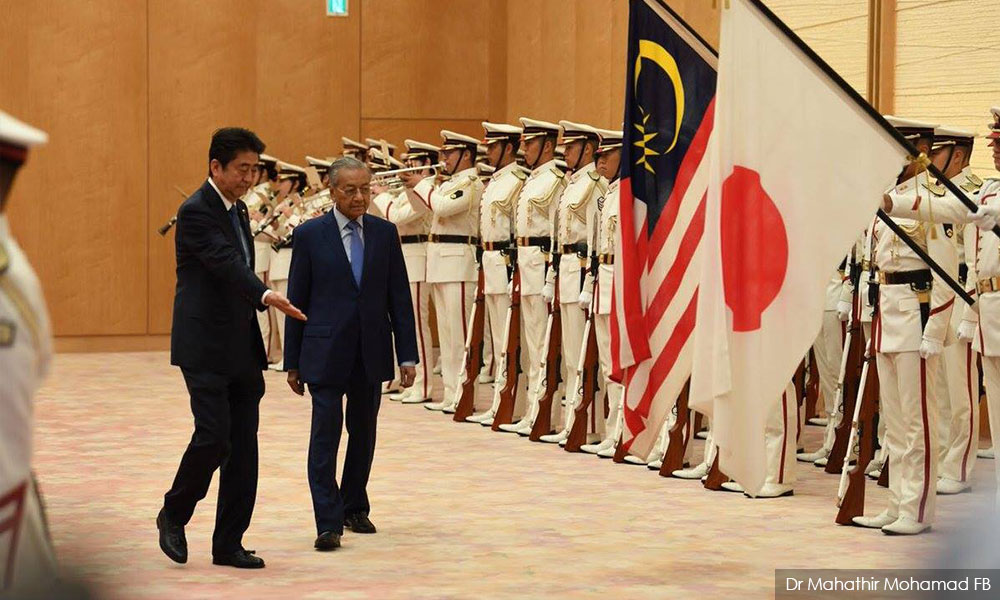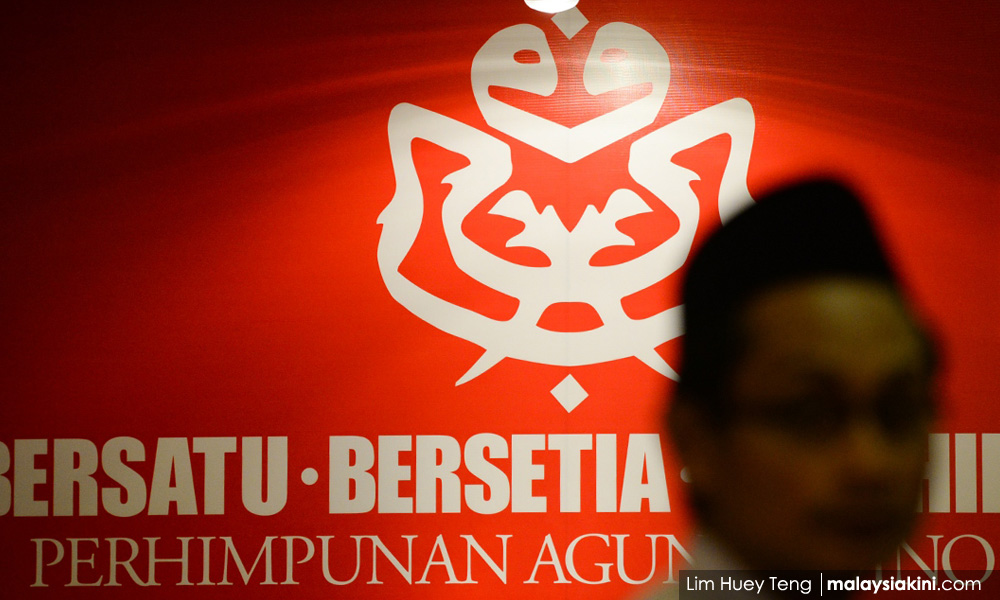
Published by Malaysiakini, images from Malaysiakini.
Speaking at a press conference after the end of a three-day working visit to Pakistan, Prime Minister Dr Mahathir Mohamed said the Islamic world is over-reliant on the west.
This dependency has significantly reduced its capacity to speak up on certain issues. Mahathir may have a point, but even then, only up to a point.
Islam is not merely about peace. It is also about having the capacity to speak truths to power. Courage entails not blowing oneself up in frustration, but empowering oneself intelligently.
Over the last century alone, the Islamic world has diffused into more than 50 predominantly Muslim countries. Although member states of the Organization of Islamic Cooperation form a quarter of the world’s international community, its share of the global GDP is less than five percent.
This is roughly equivalent to what China was in the late 1970s before its economic reforms. Since then, its share of global GDP has risen to nearly 30 per cent.
If one removes oil and gas as a portion of the contribution, OIC states’ actual share of global GDP could well be as low as two percent.

Something is very wrong with the member states of OIC. It is not learning anything revolutionary or dynamic for a start.
The Oxford Centre for Islamic Studies, ironically, enjoys more prestige than similar centres in Istanbul or Kuala Lumpur for that matter.
Indeed, although the OIC was formed on Sept 25, 1969, even that after a crazed Australian dashed into the Al Aqsa Mosque to gun down some worshippers, the unity and purposiveness of the Islamic world, as represented by OIC, has been low.
It is not learning from, but leaning almost entirely on the West. And it is also not learning anything from the major powers in the East, such as Japan.
More importantly, the Islamic world, which is divided into a motley group of nation-states, do not know if they should be embracing democracy at all. Without democracy and the basic concepts of an open society, how does it learn and earn its place in the world? Mahathir is right on this account.
By failing to solve and answer the simple question of democracy, the Islamic world has become confused. There are serious implications to this.
When over a million Uyghur Muslims in China were detained – a feat not seen since World War II – the docility and silence of the Islamic world has been shocking, save for Turkey and, to a little extent, Malaysia.

It is almost as if the Islamic world does not know these reeducation centres could potentially become death camps. French theorist Louis Althusser once pointed out such structural and symbolic violence cannot be underestimated; it can and does lead to murder at the hands of the state.
These detentions can go haywire, leading to the punishment and massacre of thousands and thousands of innocent Uyghur Muslims, even if Beijing’s stated aim is to ‘reeducate’ them – with Islam moulded to suit Communist characteristics.
Looking East
Just as the Muslim world is weak on China, it is also weak on the West due to not looking East. Japan, Taiwan and South Korea have advanced themselves scientifically. South Korea was behind Malaysia in the early 1980s. Now they are way ahead. Why?
Why isn’t the Islamic world learning from them? In fact, one can even learn from China (sans its authoritarianism). Either way, the Muslim world is weak on these fronts, while Islam – a religion of knowledge – has been sent sprawling.
The Islamic world, or the member states of OIC, has collapsed, both internally and externally. The OIC, in many ways, is an almost defunct entity with only ‘lamb and baklava’ meetings.
Mahathir opened a can of worm with this topic in Pakistan. Should a new Muslim alliance be established instead? Be that as it may, Mahathir has to guide Malaysia, Pakistan and OIC to learn from Japan and other top Asian powers.
Indeed, had Malaysian voters not sent the kleptocracy of the former Prime Minister Najib Abdul Razak packing on May 9, 2018, Malaysia too would be a kleptocracy and kakistocracy of its own.

To redress the Islamic world’s weaknesses, it must emulate the best practices of Japan and other top Asian countries.
A policy of learning from Japan alone would significantly alter the trajectory of the Islamic world, making it more ethical, honest and honourable, all of which are the basic edifice of a healthy society and democracy.
As things stand, Japan is an open society that has embraced science and democracy. Japan is not perfect, but it has made considerable progress. It is a country that is generous with sharing its know-how and resources.
Yet with the exception of Malaysia, almost no Muslim country has tried to catch up with pre-modern, modern, or current Japan through a ‘Look East’ programme. Malaysia has embarked on such a programme again, which can cultivate its citizens to be intellectually stronger, healthier and less abrasive.
There is no way the Islamic world can rise up, or speak up, if it does not take the first step to learn from Japan and other top Asian countries, and concurrently against the monstrous atrocities committed against the Uyghur Muslims by China.
Dr. Rais Hussin is President & CEO of EMIR Research, an independent think tank focused on strategic policy recommendations based on rigorous research.

